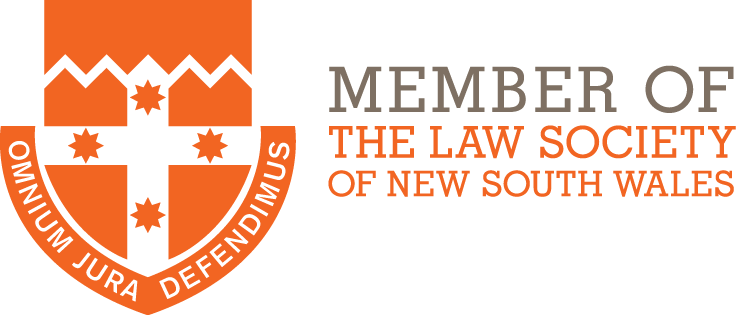Local Court NSW - Summary Matters
The Local Court deals with many different types of criminal proceedings. A group of matters is called Summary Offences. These offences are finalised in the Local Court. These proceedings go through various stages.
These stages are guided by the Local Court Practice Note which are prepared by the Chief Magistrate.
First Mention
The first stage is the first mention date. This is where a defendant is able to tell the Court whether they are pleading guilty or not-guilty to the criminal offence or offences that they are charged with.
If a plea of guilty
is entered, the matter will then proceed to sentence.
If you enter a plea of not-guilty, the Registrar or Magistrate will make "brief service orders". This means that the officer-in-charge of your particular matter will have to gather statements and compile the evidence that they say proves their case against you. These documents are collectively called the "brief of evidence".
The court will normally set a timetable of 6 weeks for the preparation of the brief of evidence. The Police are required to serve that brief on your legal representative. If you do not have a legal representative, they are required to serve the brief on you.
The NSW Police are not always required to serve a brief of evidence. For example, matters where the penalty is a fine only do not require a brief of evidence to be served. In those circumstances the matter will be listed for a hearing upon entry of the plea of not-guilty.
First Reply
If the matter is one where a brief is required to be served. The first reply date will normally be two weeks after the brief of evidence is served. This is an opportunity for the defendant to either confirm their plea of not guilty and list the matter for a hearing. Or, to enter a plea of guilty and ask for the court to list their matter for sentence.
Sentences in the Local Court
If you enter a plea of guilty in the Local Court at an early opportunity, you may be afforded a discount of 25% off of the sentence that you otherwise would have received if you had pleaded not-guilty. This discount often called a utilitarian discount for saving the Court the time of a hearing which can be between 2 hours to the full court day.
The Court may sentence offenders to a range of penalties, either with or without a conviction, community release order, community correction order, intensive correction order and full-time gaol. The Magistrate's decision on sentence is guided by a combination of various factors. They can include: criminal history (or lack-of), facts of the offence, aggravating factors, mitigating factors, case law and the specific personal circumstances that relate to the person being sentenced.
Defended Hearing
A Defended Hearing is listed where the defendant has confirmed their plea of not-guilty. This is where all the witnesses to the alleged offence are required to attend court to give their evidence. Witnesses can be civilian witnesses, Police witnesses and expert witnesses. The Defendant is given an opportunity to cross-examine each witness after they have given their evidence. Cross-examination is your legal team's opportunity to put your version of events to each witness and the witness's version of events is challenged.
Once the Prosecution have finished calling all their witnesses, the Defence has an opportunity to call their own witnesses. This may sometimes include the Defendant. After all the witnesses have been called, closing addresses are performed by both the Prosecutors and the Defence team. The Magistrate will then decide whether the Defendant is guilty or not-guilty.


